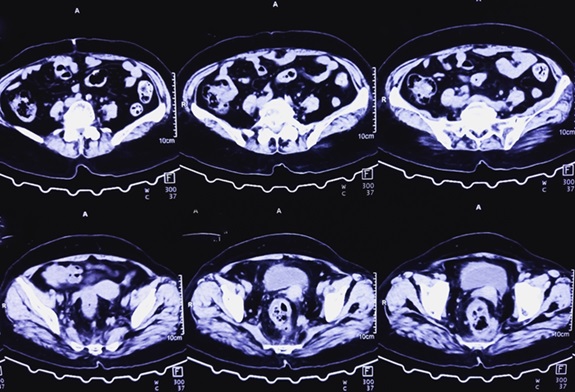Biology-Driven Radiomics Approach to Identify Rectal Cancer Patients without Tumor Post Therapy
Posted on 25 Jun 2024
The American Cancer Society estimates that this year, around 46,000 people in the U.S. will be diagnosed with rectal cancer, which ranks as the third most common type of cancer in the digestive system, following colon and pancreatic cancers. For rectal cancer patients undergoing chemotherapy and radiation, clinicians often encounter challenges in determining which tumors are dying or significantly regressing post-therapy. Researchers are now planning to use artificial intelligence (AI) to improve the treatment of rectal cancer patients by accurately assessing their response to therapy, thus enabling personalized care through the selection of suitable candidates for non-operative management.
A research group, including experts from Case Western Reserve University (CWRU, Cleveland, OH, USA), has secured a five-year, USD 2.78 million grant from the National Institutes of Health and the National Cancer Institute to better personalize treatments for patients with rectal cancer. They plan to use AI to derive specific metrics from magnetic resonance imaging (MRI) scans to analyze the therapeutic response of rectal tumors more effectively. This investigation will utilize AI to examine medical images from over 900 patients with rectal cancer, applying a novel, biology-driven radiomics method, and will also incorporate data from a prior clinical trial involving patients with this disease.

The researchers will evaluate how effectively patients are responding to treatment using the insights obtained through this analysis. Their objective is to establish a non-invasive and precise technique for identifying patients who show no remaining tumor after therapy, thereby reducing unnecessary surgical interventions and their related complications. This research holds significant promise for identifying signs of tumor regression, exploring traits that typically remain undetected by human observation alone. Additionally, the team plans to integrate AI analysis with clinical assessments to develop ways to incorporate AI-derived insights into regular clinical practices.
“Our goal is to develop new types of radiomic signatures, involving computational analysis of radiology and pathology images, to determine how well these patients have responded to therapy,” said Satish Viswanath, an associate professor of biomedical engineering at Case Western Reserve and the grant’s lead researcher. “By doing so, doctors will be able to better personalize treatments for patients with rectal cancer.”
Related Links:
CWRU




 Guided Devices.jpg)









